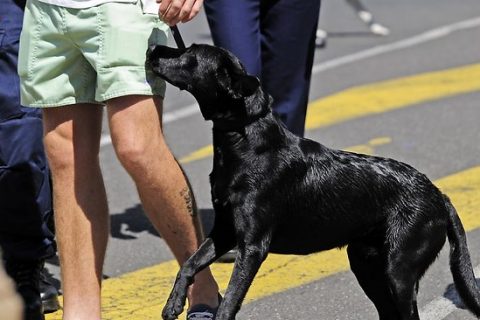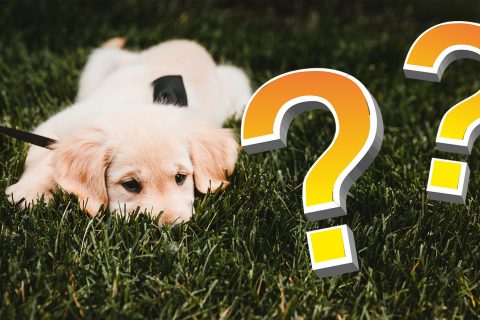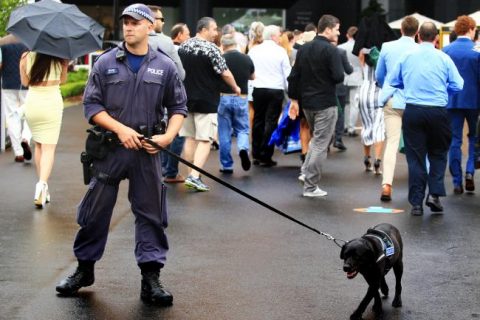Sniff Off is a new initiative that looks to end the outdated and “error-riddled” use of drug dogs in NSW using proven statistics as well as suggesting alternative methods.
Spearheaded by Greens MP David Shoebridge who also works closely the Young Greens and Newtown MP Jenny Leong on the campaign who has also publicly pushed for smarter ways to approach alcohol fuelled violence, the group have largely used social media the spread the word of harm minimisation and education rather than the failing idea of prohibition.
“The ‘War on Drugs’ ideology needs to be replaced with actual harm prevention measures like pill testing kits, amnesty bins, education and better healthcare.”
Something mainstream news program 60 Minutes investigated in August when they visited countries trialling the use of pill testing.
The real turning point for the project has been the Sniff Off Facebook page that features regular posts on reports and media support on the argument and rather sneakily locations of drug dogs around NSW.
Something they continually push is statistics that say the drugs dogs, more often than not get it wrong yet are considered the front line when trying to curb drug use yet the practice is even ridiculed by Australian comedians;
“Drug dogs are getting it wrong between 60 to 80 per cent of the time, and yet they continue be relied upon by the NSW Police.
“When you have a program that routinely humiliates people and forcibly searches them on data that we know is wrong eight times out of 10, that’s a program that has to end.
One train station in particular is under close scrutiny from NSW Police with some glaringly obvious faults;
“It’s a fact that passengers at Redfern railway station are 6 times more likely to be searched after a drug dog indication than passengers at Central or Kings Cross.
“There’s no rational reason for this when the data shows the drug dogs are even less successful at Redfern than these other stations. What Redfern does have though is a large population of Aboriginal people and students, the traditional targets of discretionary police powers in NSW.
“The drug dog program isn’t just ineffective, it destroys relationships that police need to rebuild with Aboriginal people, the homeless and young people.
An obvious question, how many drug dealers take the train?
All this really does is set back the individual who is held up, sometimes strip searched, given a court attendance and possibly miss work while having a record that might de-rail any potential job opportunities and overseas travel and couldn’t be further from stopping drug dealers who profit the most.
The government is yet to disclose just how much the annual drug dog program costs the taxpayer and the return on the investment as well as goals achieved by the operation.
“The program is clearly resource intensive but the NSW Police have consistently failed to provide the actual cost of the program or the blowout in the high number of false prosecutions.
With Australia consuming an estimated $7 billion in drugs last year is the government using the most effective methods based on cost and results in helping protect the end user?





Comments